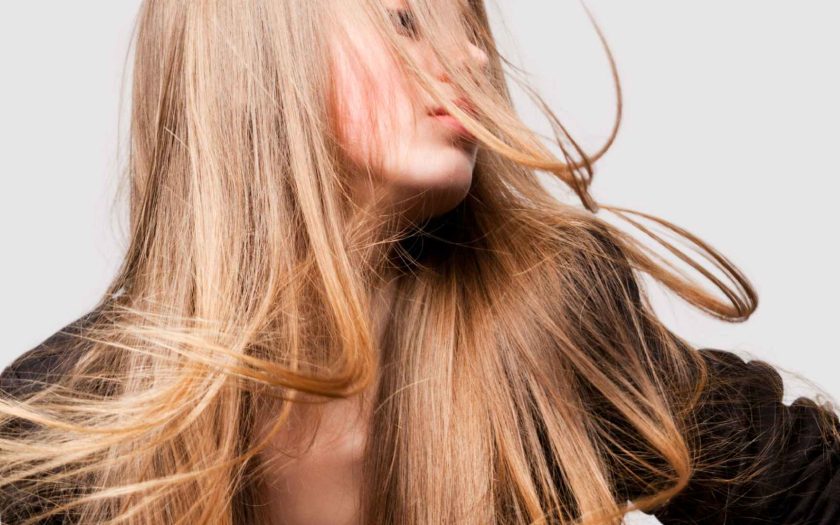Use a humidifier.
If the natural conditions in your region don’t provide for moist and warm air, there’s no need to worry—modern gadgets can create the necessary conditions in your home. For people with sensitive skin, low humidity can be especially noticeable and undesirable. Therefore, it is essential to maintain optimal air humidity in your home during the autumn-winter period with a high-quality humidifier.
Monitor your health.
The appearance of our hair reflects not only the climate we live in, but also our internal health. For instance, vitamin D, magnesium and iron positively impact the beauty and thickness of our hair. Unfortunately, many city dwellers suffer from deficiencies in these elements. It’s important to anticipate vitamin deficiencies and start taking supplements as autumn begins.
Choose the right hair care products.
We often focus on the oils in our shampoo and its pleasant fragrance. However, it’s crucial that the product not only moisturizes but also cleanses your hair. Therefore, it is recommended using a shampoo with cloves, which has antioxidant and antifungal properties to help cleanse the hair effectively and restore its volume. Additionally, choose shampoos (such as Anaphase Shampoo) with active ingredients like nicotinate tocopherol, which are designed to improve hair condition and stimulate its growth.
Proper hair care includes not only shampooing but also using nourishing masks. It’s essential to use various nourishing masks that can be purchased or made from home recipes, tailored to your hair type. For home hair care, also use specialized serums (such as Bontress Hair Serum) that help thicken hair and prevent further loss. These products make home care more intensive: they help rejuvenate weakened, damaged, dull and brittle hair, making it healthier and more beautiful.
Don’t forget to wear a head cover.
Overexposure to cold can lead to blood vessel spasms in the scalp, resulting in hair loss. Therefore, it is important to protect your hair with a head cover. Various knitted and fleece winter hats, cozy scarves and chunky shawls all shield us from the cold and a well-chosen headwear can also enhance your style. However, it is important to select headwear that fits properly. Tight hats can obstruct normal blood flow to the scalp, which may contribute to hair loss. Additionally, prolonged wearing of tight hats can increase hair breakage. It is better to choose a looser hat made from natural materials, as it will protect your hair and help prevent your scalp from becoming overly dry.
Minimize stress.
Constant anxiety contributes to hair brittleness and loss. Thus, it’s important to manage stress and engage in breathing practices to maintain inner balance. If your hair starts falling out intensely 2-3 months after a stressful event, this is post-stress hair loss. Often, hair starts to regrow on its own within 3-4 months. However, if hair loss continues for more than 6 months, it might indicate a chronic condition. In such cases, consulting a trichologist for a thorough diagnosis is advisable.

